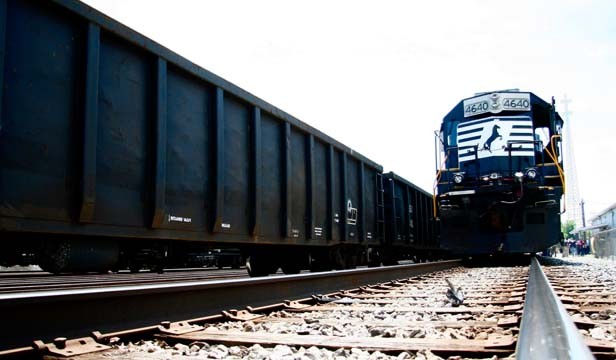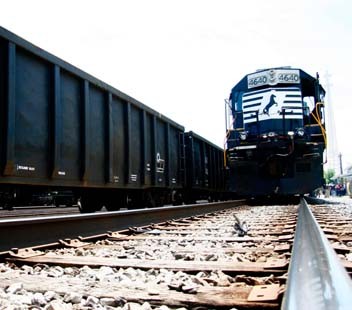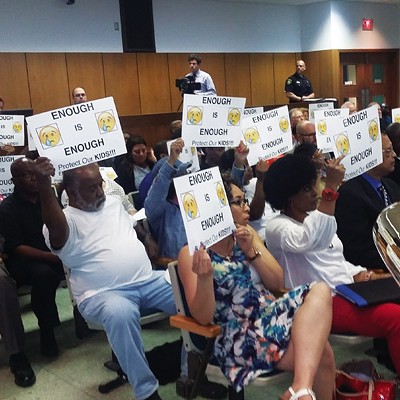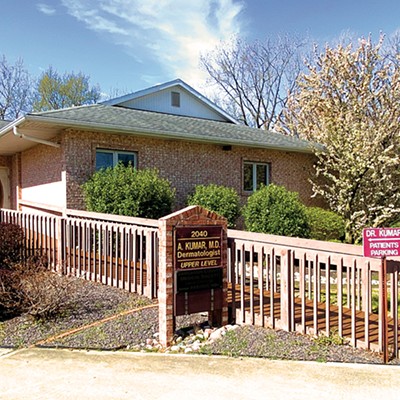
A Springfield-based community group is hoping to make the contentious arrival of high-speed rail into a blessing by making sure 30 percent of the jobs from the project go to local disadvantaged workers.
The Faith Coalition for the Common Good hosted a public meeting Aug. 19 at Union Baptist Church to discuss the coming project’s effects on Springfield. The high-speed rail project will be accompanied by an increase in freight traffic through the city, and a plan by the Illinois Department of Transportation to expand the Third Street rail corridor to handle the increased traffic generated considerable controversy. FCCG formed several task forces comprised of concerned citizens to address issues such as noise, safety and economic development related to the project. Formed in February 2009, FCCG is a multi-congregational faith-based organization focusing on issues affecting communities in central Illinois.
FCCG members have developed a platform of goals to ensure that the high-speed rail project benefits the whole community. The goals include green spaces, local jobs and training, noise and safety mitigation and support for small business growth. FCCG would like to see 30 percent of the jobs created by the rail project go to local low-income, minority and women workers, as well as one percent of the project budget being used for job training.
Laura Barrett, executive director of Transportation Equity Network, emphasized the need for the community to decide early what it wants to gain. TEN is a national coalition of community groups focused on the transportation needs of minorities, women and the poor.
“You guys (FCCG) are really pioneering the idea of ‘You’re going to spend a whole bunch of taxpayer money on high-speed rail; we want to see some results,’” Barret said while addressing the group. “I’m not saying it’s going to be easy, that you’re not going to have barriers with IDOT itself or the mayor. … but it can happen and you guys are the ones to make it happen.”
The model for FCCG’s plan is an effort spearheaded by Barrett and Rev. Tommie Pierson of St. Mark Family Church in St. Louis. During a major construction project on Interstate 64/Highway 40 in St. Louis during 2008 and 2009, Barrett and Pierson met with officials from the Missouri Department of Transportation, local unions and community members to ensure that a portion of the jobs on that project went to local workers. As a result, $2.5 million went toward training local low-income, minority and women workers to participate in the construction project.
Dr. Gordon Smith of Springfield, a former employee of the Illinois Department of Transportation and current member of an FCCG task force on jobs, said the group has already met with the Union Pacific Railroad concerning jobs. UP is one of the main railroad companies involved in the high-speed rail project, and Smith says the company will provide all of its own labor for the project. Several overpasses and underpasses will likely be built by IDOT to separate train traffic from auto and foot traffic, however, and Smith says that may yield some new jobs for local workers.
FCCG rail issue task force chair Leroy Jordan said he had talked with IDOT concerning the use of eminent domain during the project. It is likely that the three railroad corridors running through Springfield will be consolidated to one expanded corridor during construction, displacing several residents near the tracks. Jordan said FCCG would work to ensure fair compensation for displaced residents.
“Regardless of where the rail (project) goes – Third Street, 10th Street, 19th Street – we want to be involved, because somebody in our community is going to be affected,” Jordan said. “We want our community to be involved in all levels of decision-making.”
Contact Patrick Yeagle at [email protected].





















